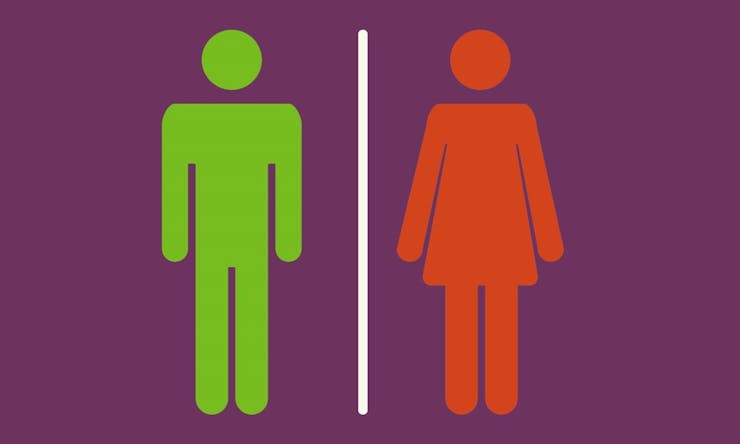A new study from Columbia and Johns Hopkins Universities found that nonwhite, low-income women over the age of 50 is the demographic most likely to perceive using cannabis as a risky activity. This group is nearly twice as likely to hold this belief compared to men of the same age and demographic. The findings are consistent with other observed differences between genders of the perceived risks associated with substance use.
Interestingly, the study ties into another recent observable phenomenon between the sexes: the difference in how cannabinoids affect men and women, specifically in hormone and neurotransmitter functions.
How Cannabis Can Affect Men
Men tend to consume cannabis in greater amounts and at higher rates than women do. Male cannabis consumers also tend to have higher rates of delta9-tetrahydrocannabinol (delta9-THC) in their bloodstream, are less likely to be cannabis-only consumers, and, quite curiously, have a higher prevalence of reported panic disorders and personality disorders. Men have also been documented as having a higher susceptibility to appetite stimulation and food intake (hey fellas, the next time you get the munchies and end up eating half the Taco Bell menu, your gender just might be the reason!).
How Cannabis Can Affect Women
Women tend to experience more dizziness when using cannabis. Females also report using cannabis mainly when feeling anxious, and also may experience weaker effects due to a difference in body weight distribution. Additionally, women are more susceptible to visuospatial memory impairment after consuming cannabis (hey ladies, the next time you walk out the door without your wallet/cell phone/keys, your gender may have actually played a role in your forgetfulness!).
How Cannabis Can Affect Your Gender’s Sexual Appetite
The most fascinating chemical reaction to cannabis (in my opinion) is the differences in sexuality – specifically, desire and function.
Women have a particularly interesting reaction to cannabis due to estrogen levels. Estrogen levels play a role in how receptive your brain is to external cannabinoids, as researchers propose that estrogen receptors are along the pathway for THC intake. The highest levels of the body’s natural endocannabinoids tend to be during ovulation, and there is evidence that endocannabinoid action can assist fertility in women. Basically, in smaller doses, cannabis increases sexual appetite in women. In larger doses, however, it tends to have the opposite effect.
For men, smoking and vaporizing cannabis decreases sexual appetite and sperm production (we covered cannabis and male fertility in a previous article).
There are a number of other areas where cannabis affects both sexes at amount the same levels, such as stress, impulsivity, cognition, learning, and reward memory.
These studies are still in their infancy in terms of conclusive research, but the initial findings confirm what we’ve all suspected at one time or another: that cannabis does, indeed, affect men and women differently.





